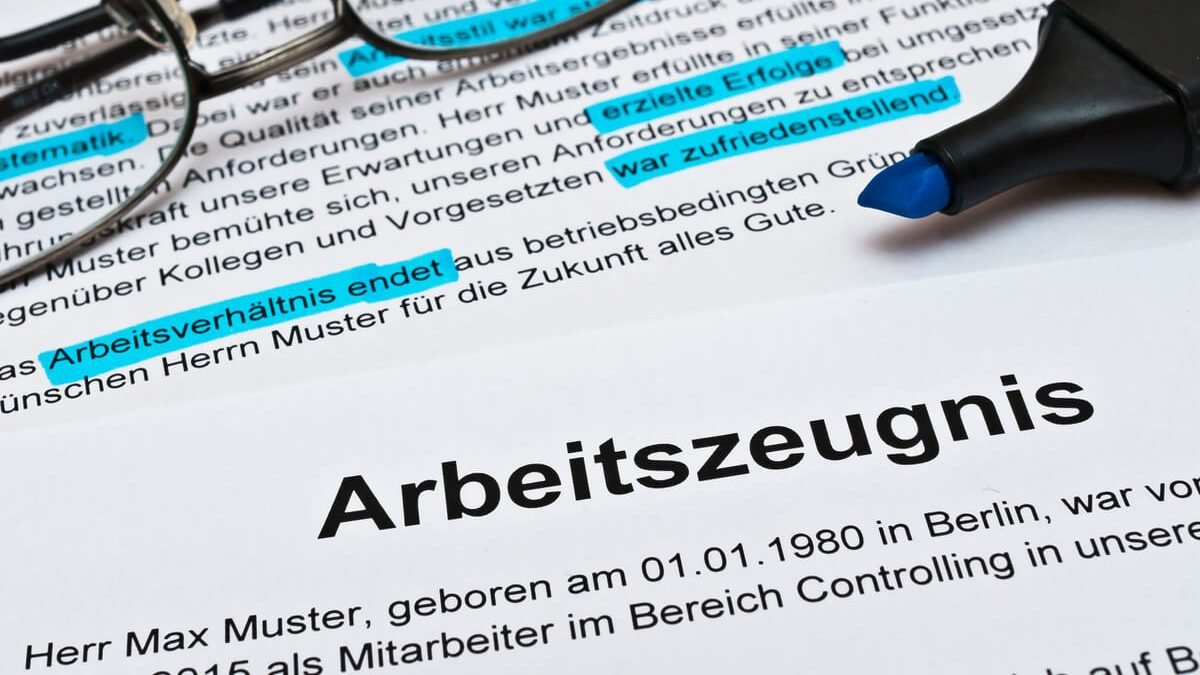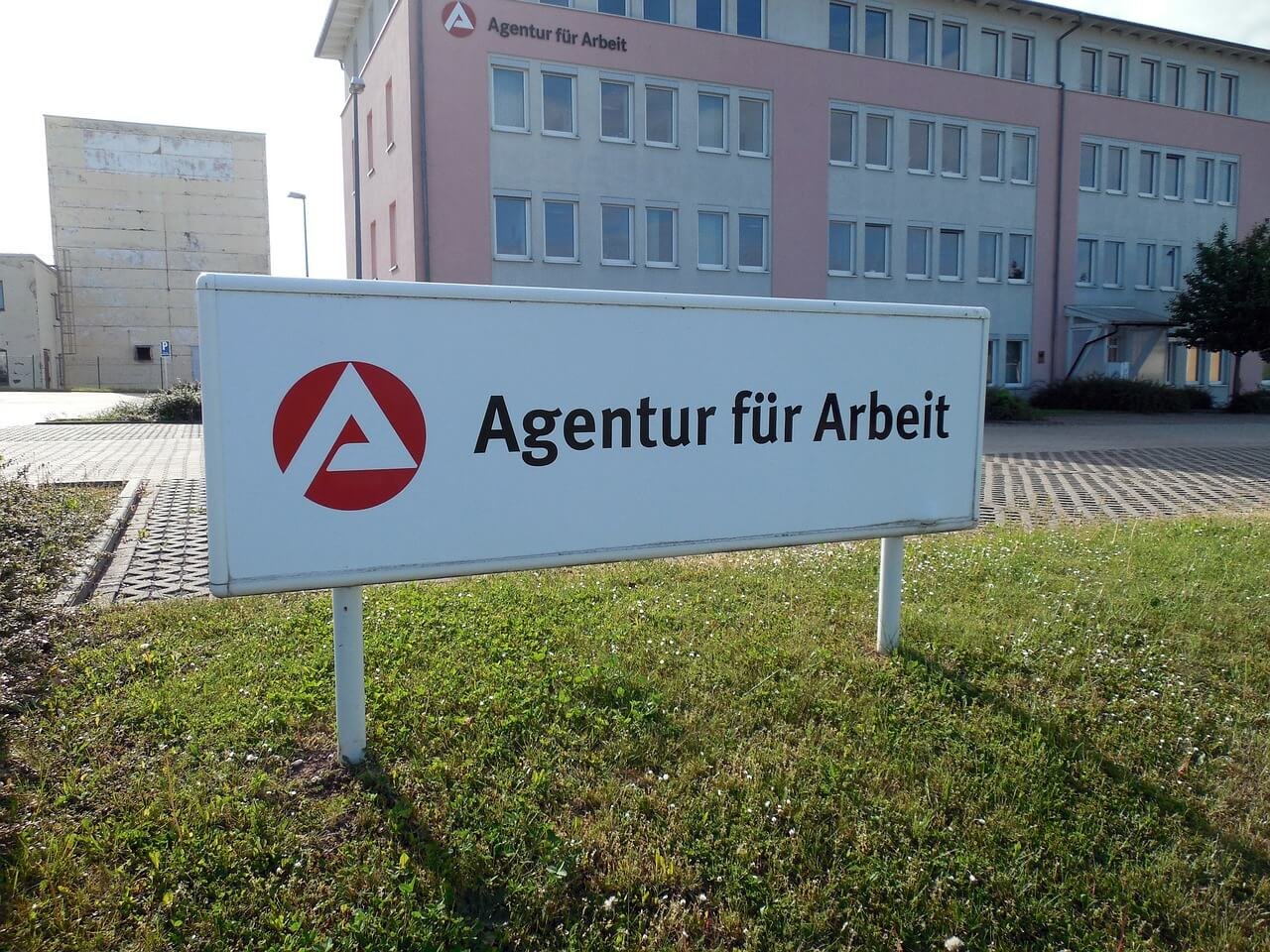
Navigating the landscape of employment in a foreign country can be challenging, particularly when it comes to understanding the intricacies of termination procedures. For expats in Germany, dealing with a certificate of employment—whether as the recipient or the initiator of a request—requires clear knowledge of legal requirements and best practices. This article will provide an overview of the certificate of employment, detailing its types, how to request one, and what to ensure it meets legal standards.
Calculate your severance payment
Calculate the settlement amount for your individual case in 2 minutes
Contents
- What is a Certificate of Employment?
- Types of Certificates of Employment
- Legal Requirements for a Certificate of Employment
- How to Request a Certificate of Employment
- Composition of a Qualified Certificate of Employment
- Sample Qualified Certificate of Employment
- Common Issues and Solutions
- Importance of a Certificate of Employment in the Job Market
- Best Practices for Expats
- Real-Life Scenario: An Expat’s Experience
- Conclusion
What is a Certificate of Employment?
A certificate of employment is a formal document provided by an employer when an employee leaves the company. It serves as an official reference for future employers and records the employee’s tenure and performance. In Germany, this certificate is an essential part of the job market, and employers must provide it upon request.
Types of Certificates of Employment
There are two primary types of employment certificates in Germany:
1. Einfaches Arbeitszeugnis (Simple Certificate of Employment)
- Content: This includes basic information such as the duration of employment and job description without evaluating the employee’s performance or conduct.
- Purpose: Often used for shorter or less significant employments.
2. Qualifiziertes Arbeitszeugnis (Qualified Certificate of Employment)
- Content: This detailed certificate includes comprehensive information about job duties, performance, skills, and behavior.
- Purpose: Widely preferred by employers for assessing potential candidates and holds significant value.
Legal Requirements for a Certificate of Employment
In Germany, employment certificates need to adhere to certain legal criteria:
- Timeliness: Employers must provide the certificate promptly after employment ends.
- Clarity: The document must be clear and precise, free from potential misinterpretations.
- Completeness: It should cover the full scope of employment activities, responsibilities, and duration.
- Accuracy: The certificate must reflect true and impartial information, generally in a positive light, without prejudicial or misleading statements.

Calculate severance pay now free of charge
- Calculate potential severance payment amount
- Strategy for negotiating a fair severance payment
- Find suitable lawyers for labour law
How to Request a Certificate of Employment
Upon concluding employment, you may need to formally ask for your certificate. Here are the steps:
- Write a Formal Request: Address a written request to your employer.
- Specify the Type: Clearly state whether you wish to receive a simple or qualified certificate.
- Provide a Timeframe: Offer a reasonable period for your employer to prepare the document.
Composition of a Qualified Certificate of Employment
A well-formulated qualified certificate includes the following elements:
- Personal and Employer Details: Full names and addresses.
- Job Title and Description: Precise job title and detailed description of tasks and responsibilities.
- Employment Period: Clear indication of the start and end dates.
- Performance Review: A comprehensive evaluation of job performance, efficiency, and achievements.
- Conduct and Behavior: Assessment of interpersonal skills, teamwork, and general conduct.
- Optional Details: The reason for departure may be included upon request.
- Final Words: A closing statement with best wishes for future endeavors.
- Signature and Date: Signing by an authorized company representative with the date to formalize the document.
Sample Qualified Certificate of Employment
Below is an example of a qualified certificate of employment:
[Company Name]
[Company Address]
[City, State, ZIP Code]
Certificate of Employment
We hereby confirm that [Employee’s Full Name], born on [Date of Birth], was employed with [Company Name] as a [Job Title] from [Start Date] to [End Date].
During their tenure, [Employee’s Full Name] was responsible for:
- Task 1
- Task 2
- Task 3
Throughout their service, [Employee’s Full Name] demonstrated excellent professional performance, consistently meeting or exceeding targets.
[Employee’s Full Name] exhibited commendable behavior and was well respected by peers and supervisors alike. They demonstrated strong teamwork skills and professionalism.
It is with regret that we see [Employee’s Full Name] leave and we wish them every success in their future endeavors.
Sincerely,
[Authorized Representative’s Name]
[Title]
[Signature]
[Date]Free initial consultation with a lawyer
Quick callback after 1 to 2 hours for a free initial consultation with a lawyer
Common Issues and Solutions
Should you encounter any problems with your certificate of employment, here are some steps to address them:
1. Incomplete or Incorrect Information
- Thoroughly Review: Ensure all details are comprehensive and accurate.
- Request Corrections: Approach your employer reasonably to make the necessary amendments.
2. Negative or Ambiguous Phrasing
- Understand the Phrasing: Be aware that certain phrases in German employment law have specific implications.
- Consult a Lawyer: If you suspect the phrasing may be detrimental, seek legal advice to understand your options.
Importance of a Certificate of Employment in the Job Market
In Germany, a certificate of employment is vital for several reasons:
- Professional Reference: It offers formal validation of your work history and performance.
- Credibility: Provides an official record, enhancing the authenticity of your resume.
- Employment Opportunities: Employers often request detailed references from previous jobs, making this document highly valuable.
Best Practices for Expats
Expats should follow these best practices to ensure their certificate of employment benefits their career:
- Request Promptly: Ask for your certificate soon after your employment ends.
- Maintain Good Relations: Leave on good terms to facilitate a positive reference.
- Understand German Norms: Familiarize yourself with content and style conventions in German employment certificates.
- Seek Legal Support: Don’t hesitate to get legal assistance if issues arise with your certificate.
Real-Life Scenario: An Expat’s Experience
Claire, an expat from Canada, worked in Hamburg for four years. Upon leaving her job, she encountered vague wording in her certificate. She requested a revision, specifying her achievements and responsibilities more clearly. The employer complied, and Claire’s revised certificate played a crucial role in landing her next job in Berlin.
Conclusion
A certificate of employment is a significant document for expats in Germany, acting as a gateway to future opportunities. Understanding its importance, knowing how to request and review it, and ensuring it meets legal standards are crucial for accurately reflecting your work history and performance.
Being proactive and knowledgeable will help you navigate the German employment documentation landscape successfully. When in doubt, seeking legal advice can protect your professional reputation and future career prospects. Whether ensuring the completeness and fairness of the information or handling potential issues, staying informed and vigilant will serve you well.
Free initial consultation with a lawyer
Quick callback after 1 to 2 hours for a free initial consultation with a lawyer





